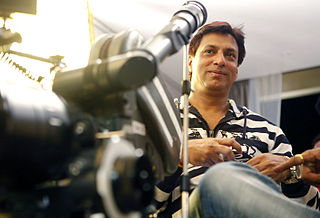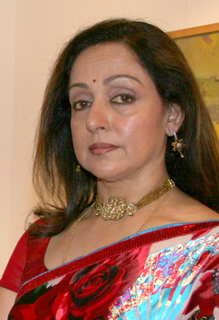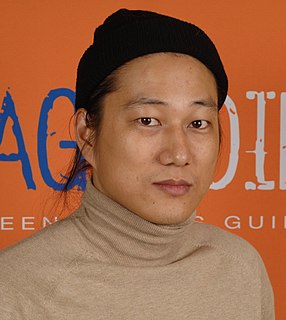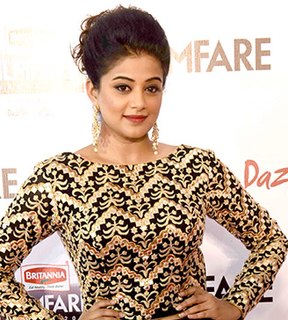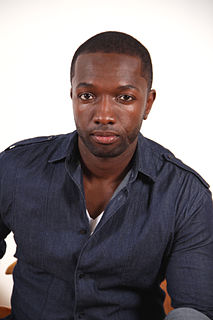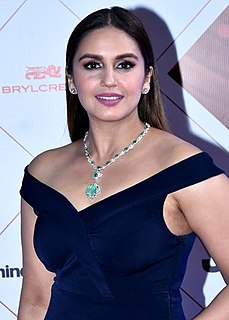A Quote by Madhur Bhandarkar
As I had visualized, 'Heroine' is shaping up to be a very contemporary film with a different premise and strata. This film, like most of my other films, is a blend of facts and fiction. The film has a larger span, more characters, and costumes... a journey that revolves around an actress's life and the showbiz.
Related Quotes
African films should be thought of as offering as many different points of view as the film of any other different continent. Nobody would say that French film is all European film, or Italian film is all European film. And in the same way that those places have different filmmakers that speak to different issues, all the countries in Africa have that too.
At the end of the process we called a market research company to find out whom the film was for or what was the target audience. We didn't have a lot of money to release the film, so in order for it to play in cinemas, which are dominated by films with much larger marketing budgets, we had to discover whom the film was for.
The film The Conquest will be seen on many different levels and the American point of view is always more technical. The French are less technical - it's 'I like it, or I don't like it.' I hope that this film can have a life in the U.S. - it's the grand country of cinema. I grew up with Hollywood movies, so for a French director to have a film distributed in the U.S. is a real opportunity.
It makes it very easy. I have a beginning, middle, and end, and I don't film for long - about 20 hours usually for a two-hour film - so it's easily watchable in a week for me and the editor. Once I know who the characters are, I only film those characters, unless somebody else forces their way into the film by a scene happening to them or we meet them by chance.
